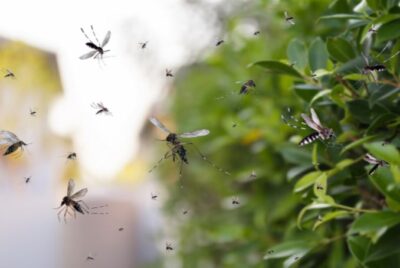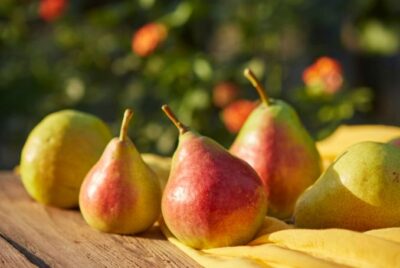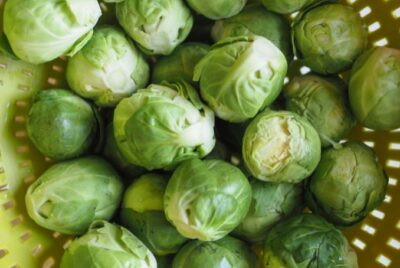Dubia Roaches for Chickens: Tips, Tricks, and Benefits
One aspect of chicken care that’s gaining attention is their nutrional diet, which can significantly affect their health and productivity. An intriguing, nutritious addition to their diet is Dubia roaches.
Below, we explore the benefits, how-tos, and tips for incorporating Dubia roaches into your chickens’ diet.
Do Chickens Love to Eat Dubia Roaches?
Chickens typically enjoy hunting and pecking at insects, and Dubia roaches are no exception. These roaches provide a form of entertainment and natural foraging behavior for chickens, mimicking their wild instincts. Moreover, the movement of the roaches stimulates the chickens’ predatory instincts, making mealtime an engaging activity.
Why Choose Dubia Roaches?
Dubia roaches offer several compelling benefits over other feed options like crickets or worms:
- Higher Protein Content: With a protein content that surpasses crickets by 20%, Dubia roaches provide a nutrient-rich feed option for poultry, boasting a composition of 36% protein, 61% moisture, 7% fat, and 2% ash.
- Low Disease Risk: They carry far fewer diseases and parasites than worms and other insect species.
- Ease of Rearing: Dubia roaches are odorless, quiet, and relatively easy to breed and maintain, making them an ideal choice for small-scale and backyard poultry keepers.
Read also: Best Bugs and Insects for Chicken Nutrition

Health Benefits of Feeding Dubia Roaches to Chickens
- Nutritional Content: Dubia roaches are a powerhouse of nutrition for chickens. They are high in protein, essential for egg production and feather growth, and contain a balanced calcium and phosphorus ratio, crucial for bone health and eggshell strength. Additionally, they are a source of other vital nutrients like amino acids, vitamins, and minerals.
- Digestive Health: The chitin in Dubia roaches’ exoskeleton can aid in the digestive health of chickens, acting as a natural form of fiber. It also helps in the prevention of internal parasites and supports the gut’s microbial balance.
- Enhanced Yolk Color: The natural pigments in Dubia roaches can contribute to a richer, more vibrant yolk color, a sign also of a nutritious egg.
How to Feed Dubia Roaches to Chicken
To start, ensure the Dubia roaches are of an appropriate size for your chickens to easily consume. You can harvest the roaches from your colony using a method that allows you to separate them by size, such as a two-bucket system with holes that only allow smaller roaches to fall through.
Once you have the desired size, you can either feed them directly to your chickens alive, which can stimulate the chickens’ natural foraging and hunting behaviors, or, if preferred, you can kill the roaches by freezing or boiling them before feeding.
This method ensures the chickens receive a nutritious, protein-rich diet while engaging in their natural predatory instincts, making Dubia roaches an excellent supplement to their regular feed.
How Many Dubia Roaches Can a Chicken Eat?
The number of Dubia roaches a chicken can eat depends on its size and dietary requirements. As a general guideline, a small handful of roaches per chicken, a few times a week, is sufficient. Monitor also your chickens’ health and egg production to adjust the quantity if necessary.

Farming Dubia Roaches for Your Chickens
Setting Up Your Dubia Roach Colony
Starting a Dubia roach colony requires minimal investment and effort. Here’s a step-by-step guide to get you started:
- Housing: Use a Rubbermaid or Tupperware bin sized according to your colony’s needs. Ensure it can accommodate the rapid growth of the colony.
- Ventilation: Next is to drill air holes in the top and sides of the bin for ventilation. The holes should be about the size of a pencil eraser.
- Structure: Place cardboard egg cartons or flats inside the bin for the roaches to climb and hide. Arrange them in a way that prevents crushing and allows easy movement.
- Feeding and Hydration: Provide also water crystals or fresh fruit for hydration and dog, cat, or chicken food for nourishment. Ensure the food is crushed and stale to prevent mold.
- Temperature Control: If you’re in a colder climate, a heating pad under the bin will help maintain optimal breeding temperatures.
Harvesting and Feeding to Poultry
To harvest, you can use a two-bucket system with drilled holes to separate roaches by size to make it easy to select the right size for feeding your poultry. This will allow for a clean and efficient way to provide your poultry with a high-protein feed source.
Are There Negative Effects of Cockroaches On Chickens?
Generally, feeding chicken cockroaches, specifically Dubia roaches raised in a controlled environment for poultry feed, is considered safe and beneficial due to their high protein content and nutritional value.
However, wild cockroaches could potentially pose risks to chickens if they are carriers of pesticides, harmful bacteria, or parasites due to their scavenging nature in unsanitary areas. It’s crucial to ensure that any cockroaches fed to chickens are sourced from a clean, controlled environment where they have been raised on a healthy diet, free from contaminants.
This precaution minimizes the risk of transmitting any diseases or harmful substances to the chickens. Therefore, while Dubia roaches can be a nutritious feed option, caution should be exercised with cockroaches from unknown or unclean sources.

Do Chickens Attract Cockroaches?
Chickens can attract cockroaches due to the presence of food and water in their environment. Cockroaches are drawn to chicken coops and feeding areas by the availability of feed, water, and the warmth the bedding material provides. The spilled feed, droppings, and even the chickens’ feed itself can be a significant attractant.
To mitigate this, you must maintain cleanliness, properly store feed in sealed containers, and regularly remove waste and leftover feed to not attract cockroaches to chicken coops.
Conclusion
Incorporating Dubia roaches into your chickens’ diet can significantly enhance their health, egg quality, and overall well-being. By following the tips and guidelines outlined above, you can provide your chickens with a nutritious, engaging, and natural food source. Farming Dubia roaches is a sustainable, cost-effective way to enrich your chickens’ diet and encourage their natural foraging instincts.




